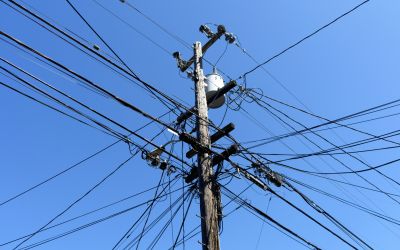Geithner defends U.S. carbon cap-and-trade plan
U.S. Treasury Secretary Timothy Geithner on Thursday defended the administration's plan to raise hundreds of billions of dollars in revenues from a carbon emissions cap-and-trade system, saying it would help wean America off imported oil.
U.S. Treasury Secretary Timothy Geithner on Thursday defended the administration's plan to raise hundreds of billions of dollars in revenues from a carbon emissions cap-and-trade system, saying it would help wean America off imported oil.
Under grilling by Republican members of the U.S. House of Representatives Budget Committee, Geithner said President Barack Obama's plan was would necessary to change incentives for U.S. energy use.
"It is critically important for our country that we begin the process now of changing the incentives Americans face on how they use energy," Geithner said. "It's important for reducing our dependence on foreign oil, it's critical for climate change."
The plan, proposed in Obama's 2010 budget plan, anticipates that the government would raise around $800 billion in revenues over the decade from 2012 by selling carbon pollution permits. These would be traded in a system that would be similar to the European Union's four-year-old Emissions Trading Scheme.
The administration would spend the new funds on clean energy technologies and making a new tax credit for working families permanent.
Republicans criticized the plan as effectively new tax that will raise the cost of energy for Americans who will still be struggling with lingering effects of recession.
It "will effectively impose an additional tax burden of more than $800 billion -- and that's a low-ball estimate -- on everyone who uses gasoline, natural gas, home heating oil, or electricity," said Rep. Paul Ryan of Wisconsin, the panel's ranking Republican. "I think we can argue that covers most Americans, not just wealthy people."
Geithner said the Obama plan is based on an approach that has successfully reduced acid rain emissions and the system will begin the process of shifting energy incentives towards new, cleaner technologies.
The European cap-and-trade plan has suffered from falling prices for emissions permits, which are required for using traditional fossil fuels such as coal and oil. As a result, expensive, low-carbon technologies have not been as widely adopted as hoped, analysts said.
Geithner said Americans want the administration to shift the country towards cleaner technology and the changing incentives were the only way to do that. He declined to call the plan a new tax and said the revenues generated from the system would be pumped back to working families and put back into the economy.
"It's good policy and its fair policy, and if you believe in the importance of reducing our dependence on foreign oil and reducing our dependence on carbon-intensive energy, then you have to be prepared to change the incentives on how people use energy," Geithner said. "You can't do it any other way.
Source: Reuters






